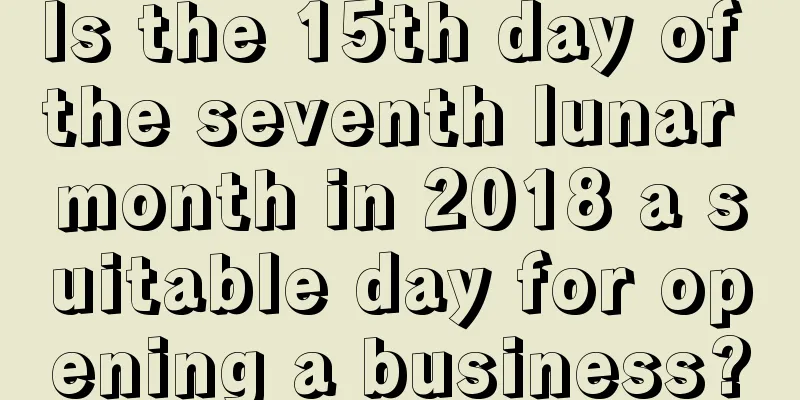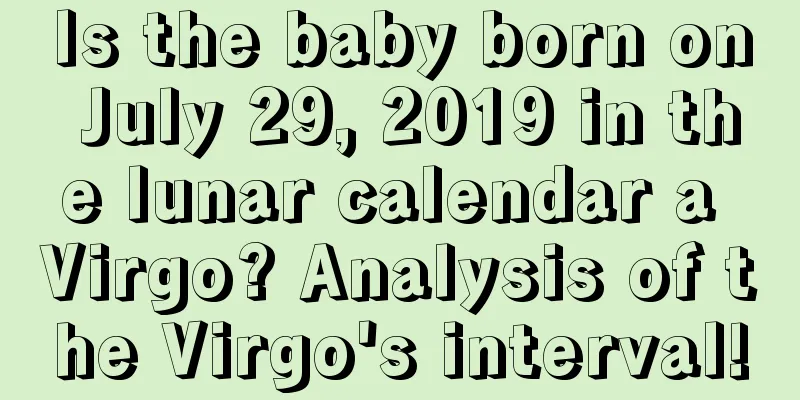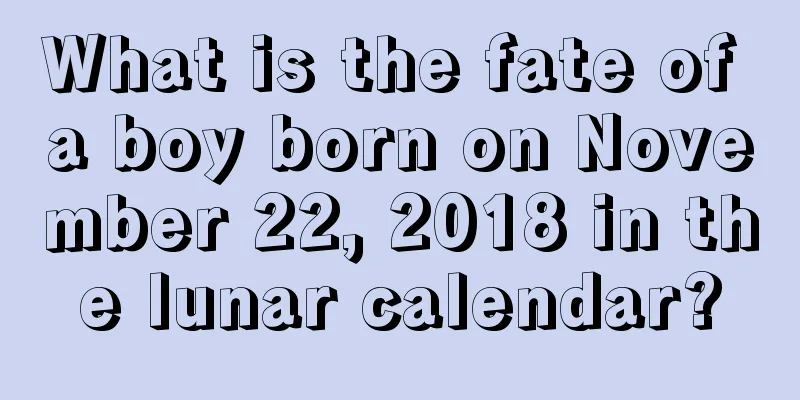What are the customs for Jingzhe? Are there any local customs?

During the Jingzhe period, the temperature gradually rises, the rainfall in the south gradually increases, the weather becomes cold and warm at the same time, and there is occasional spring thunder. Although the Jingzhe solar term is a minor solar term, it is of great significance in guiding agricultural cultivation. So what are the customs of Jingzhe? Weather.net introduces to you the five major customs of Jingzhe with a long history. The Fortune Teller website provides you with more information related to the first month of the lunar calendar in 2018. You are welcome to learn more about it!What are the customs of Jingzhe?1. Eating pears during the Waking of Insects is a folk custom. There is no trace as to when the custom of eating pears during the Waking of Insects season originated, but the people of Qi County have such a story that has been passed down from generation to generation. Legend has it that the Qu family, a well-known Shanxi merchant family, was descended from Qu Ji, a native of Changzi County, Shangdang. In the early years of Hongwu in the Ming Dynasty, he brought his two sons, Xin and Yi, and traded Shangdang's Lu hemp and pears for Qi County's coarse cloth and red dates. He traveled back and forth between the two places to make a profit. Over time, he saved some money and settled down in Qi County.During the reign of Emperor Yongzheng, the fourteenth generation Qu Baichuan left for the west on the day of Jingzhe. His father took out a pear and asked him to eat it, saying that his ancestors started a business by selling pears, experienced hardships, and settled in Qi County. Today is the Jingzhe day for you to leave for the west, and eating pears means that you will not forget your ancestors and work hard to start a business to bring honor to your family. Qu Baichuan went to the west to do business and became rich, and named the business he opened "Changyuanhou". Later, those who went west also followed suit and ate pears, mostly with the intention of "leaving home to start a business." Even later, pears were eaten on the Waking of Insects Day, with the idea of "working hard to honor ancestors." There is a folk proverb in northern Jiangsu and Shanxi that goes, "Eat pears during the Waking of Insects and you will be energetic all year round!" Some people also say that "pear" is homophonic to "li", and it is said that eating pears during the Waking of Insects can keep pests away from crops and ensure a good harvest throughout the year. The whole family must eat pears on this day. It is also said that all things come back to life during the Jingzhe solar term! During the Jingzhe season, the weather is warm and cold. In addition to keeping warm, the relatively dry climate can easily cause dry mouth and cough. Therefore, there is a custom of eating pears during the Waking of Insects. 2. Jingzhe symbolizes the beginning of February. There will be a thunderclap out of nowhere, awakening all the hibernating snakes, insects, rats and ants. According to the folk custom of Jingzhe, the crawling insects and ants in the house will respond and look for food everywhere. Therefore, in ancient times, on the day of Jingzhe, people would hold fragrant incense and mugwort and fumigate the four corners of their homes to use the fragrance to drive away snakes, insects, mosquitoes, rats and musty smells. Over time, this gradually evolved into a habit of those who were unhappy slapping their opponents and driving away bad luck, which is the predecessor of "beating the villain". Therefore, an interesting scene would appear on the Waking of Insects day every year: a woman would hit a paper doll with a wooden slipper while chanting a spell to beat the paper doll: "I'll hit your head until you are so angry that you tremble, and I'll hit you until you vomit even if you eat your relatives." 3. The ancients regarded the white tiger as the king of beasts, able to drive away evil and harm. Every year on the Jingzhe day, they worshiped the white tiger to drive away insects and protect themselves from pests. At the same time, among the twelve zodiac signs, some of them will be affected by the White Tiger and Heavenly Dog evil spirits. Later, it gradually evolved into the zodiac signs that offend the White Tiger and Heavenly Dog, or people who feel unlucky and have been offended by villains will worship the White Tiger on the Waking of Insects Day, praying for a peaceful and smooth year and to drive away villains and diseases. The so-called white tiger sacrifice refers to the worship of a white tiger drawn on paper. The paper tiger is usually yellow with black stripes, and has a pair of fangs painted at the corners of its mouth. Then you can hit it. 4. Jingzhe Festival to worship the Thunder God . The god of the solar term Jingzhe is the Thunder God. As the god of the nine heavens, Leishen has a lofty status. There is a saying among Hakka people in various places: "Thunder God in the sky and uncle in the earth." On the one hand, this saying points out the prominent position of uncle in the family, and on the other hand, it also implies that Thunder God is an important god in heaven after Heaven God. In Taiwan, the solar term god of Jingzhe is "Leigong". According to legend, "Thunder God" is a big bird that carries an iron hammer with him at all times. It is he who uses the iron hammer to create rumbling thunder, awakening all things on earth, and people know that spring has come. Are there any local customs?The Hakka custom of frying insects on the Waking of Insects Day to repel, eliminate insects and eat insects has a very ancient origin. Many ethnic minorities still retain traditions similar to the Hakka "frying insects". The Hakka people use the method of "frying insects" to achieve the utilitarian purpose of repelling insects. On the day of Jingzhe, the Hakka people in the ancient Tingzhou area of western Fujian would boil taro with the skin on in hot water, or fry beans or rice. People believe that this can kill many kinds of small insects, hence the saying "fry insects and fry beasts, kill (boil) insects and kill beasts." Jingzhe is the time when hibernating insects begin to revive, so the Hakka ancestors advocated early insect control. On the Waking of Insects Day, the Hakka people in Tingzhou have the custom of making taro cakes or taro dumplings. Taro symbolizes "caterpillars" and eating taro means getting rid of all insects. |
<<: Can I move house on the 24th day of the first lunar month in 2018?
>>: What should we pay attention to in health preservation during Jingzhe?
Recommend
What is the zodiac sign for people born on August 28, 2020 in the lunar calendar? Are you a Libra?
The constellations of people born at different tim...
Is the sixth day of the eighth lunar month in 2019 suitable for starting renovations? Is today a good day?
Introduction: Generally, an auspicious day must be...
Do people born in the Rain Water solar term have a good life? What fortune do they have?
The arrival of the Rain Water solar term marks the...
Do girls born on Cold Clothes Festival in 2019 have bad luck?
Do girls born on Cold Clothes Festival in 2019 hav...
When is Christmas 2021? Is Christmas Eve a night of carnival?
Although Christmas is a Christian holiday, it is l...
Is Valentine’s Day 2022 a good time to get married? Is it a good idea to get married on Valentine’s Day?
I believe everyone knows that you need to choose a...
When is Cold Dew in 2018? What is the origin of Cold Dew?
It is mid-autumn, with golden wind blowing and jad...
Is it a good idea to pick up a car during the Xiaoxue solar term in 2019? How many days are left until Xiaoxue in 2019?
Introduction: Generally, you have to choose an aus...
Is it a good idea to move into a new home on June 14, 2021 of the lunar calendar? What's the omen for this day?
The June sun scorches everything, and the dog days...
Is there a holiday on Women’s Day in 2019? The Origin of Women's Day
Is there a holiday on Women’s Day in 2019? What is...
Is the second day of the twelfth lunar month in 2018 suitable for starting renovations?
The groundbreaking for renovation has a lot to do ...
A complete analysis of the fate of girls born on New Year's Day 2021. Will they have a safe and smooth life?
The fate of different children is different. So, l...
Is the second day of the sixth lunar month in 2019 a suitable day for funerals? What does the hexagram show today?
Introduction: Funeral is also an important event, ...
Can I wash my hair on the second day of the Chinese New Year? What are the special things to do on the second day of the Lunar New Year?
Introduction: The Spring Festival is an important ...
What is the fate of a baby boy born on the sixth day of May? Detailed explanation of the eight-character numerology
The fifth month of the lunar calendar is a beautif...









